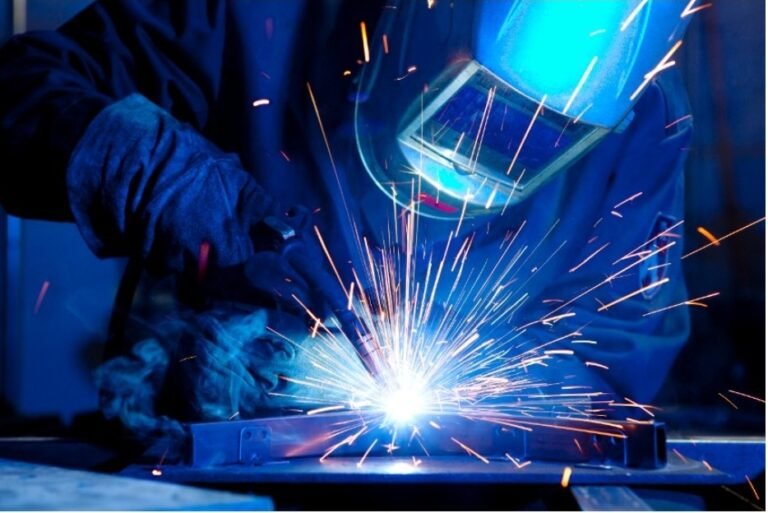Today, many people are seeing the potential in steel buildings. Why is that? These buildings can stand strong when storms hit or snow piles up. When there’s extreme weather like hurricanes, blizzards, or scorching heat, it tests any structure. It is the reason industrial steel buildings rise to the challenge.
They’re pretty tough, reliable, and built to last. So, if you want protection for equipment, inventory, or workspaces without worrying about collapse or damage. These structures use smart design and materials to handle nature’s worst.
5 Reasons Steel Buildings Can Withstand Extreme Weather Conditions
You may wonder, what makes people so confident about steel buildings? Here are five key ways industrial steel buildings keep your assets safe even in tough weather:
Engineered for Strength and Stability
You need steel that is really strong if it is going to face tough winds and even storms. Usually, it is the building’s frame that holds up under pressure. Industrial steel buildings use high-grade steel, often galvanized, and that is why it is able to resist bending or buckling.
Their frames are pre-engineered to meet local wind, snow, and seismic codes. Steel actually has a high tensile strength, which means it won’t crack under stress. It is the reason why these buildings are solid even during tornadoes or earthquakes. They are usually customizable for specific conditions, which adds to their strength.
Weather-Resistant Materials
Steel is strong, especially when you get the high-quality grade for your company. One thing about these kinds of buildings is how they don’t rust or corrode. They resist moisture, UV rays, and even salt, which is especially good when you consider building in coastal areas.
Unlike wood, steel doesn’t rot or warp. Some have a 50-year rust warranty, which goes to show that they won’t cost you repairs. Even better is the fact that steel doesn’t burn. This adds to the fire resistance in dry regions.
Designed to Shed Snow and Water
If you rely on steel buildings, you won’t have to worry about leaks. You will be prepared no matter what the weather brings you.
These buildings use sloped or arched roofs to shed water and snow fast. Unlike flat roofs that risk pooling, steel arches allow the snow to slide off. Hence, it will reduce the risk of collapse in heavy blizzards.
Wind and Storm Resistance
One of the things most people worry about is heavy winds and storms at sea. When you have industrial-grade steel, you can actually have peace of mind. Wind resistance is one of the major reasons steel is a preferred choice. It doesn’t budge in a hurricane. Steel buildings are bolted or welded to solid foundations, like shipping containers or concrete. It anchors them against 120 mph gusts.
The arched designs can reduce wind resistance by letting air flow over smoothly. This way, you can avoid lift-off risks that flat roofs face. Usually, shipping container covers use heavy-gauge steel to stay put so that your structure survives storms.
Temperature Regulation and Insulation
If the goal is to get a space that you can use whether during the heat or cold, steel works fine. These buildings are able to reflect UV rays, and so they will keep your interiors cooler during summer. You can even add insulation, like foam or fiberglass, to keep warm during winter.
When you factor these in, you will notice you’re cutting down on energy costs by at least 15%. Actually, insulated steel buildings can maintain 15 degrees cooler or warmer interiors than outside. Even better, they are able to resist thermal expansion, so you can avoid cracks. It will keep your operations running, no matter the temperature.
Conclusion
On a final note, industrial steel buildings are the way to go for so many reasons. These buildings are no doubt really strong and functional. They are built to withstand tough weather, too. So, if you’re getting prefabricated steel, make sure you get one of good quality.
They should have strong frames and rust-proof materials. These features will protect your assets from storms, snow, or heat. So, choose steel that will last and give you peace of mind. Look for manufacturers that are trusted so that your operations won’t be affected in bad weather.
